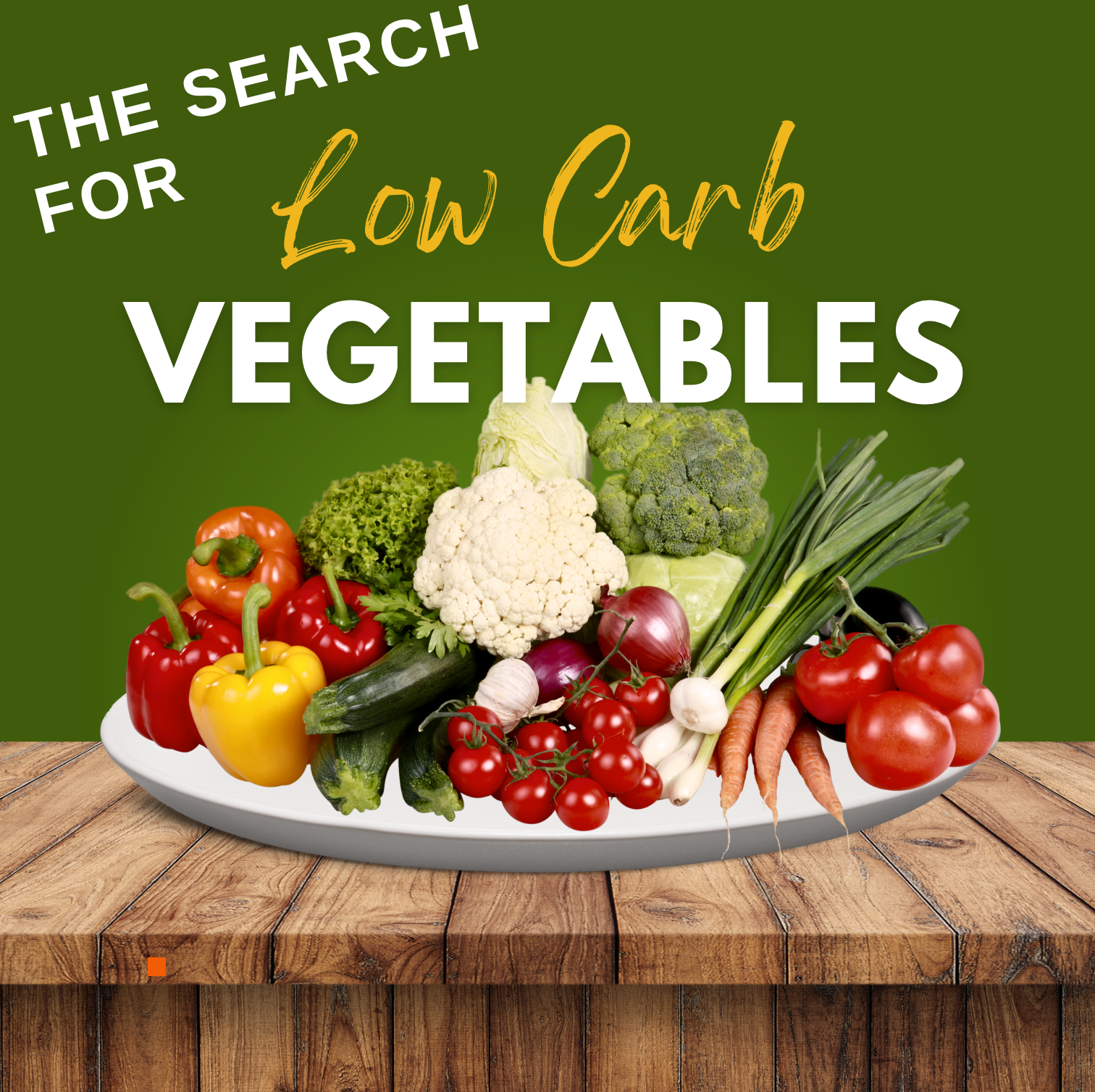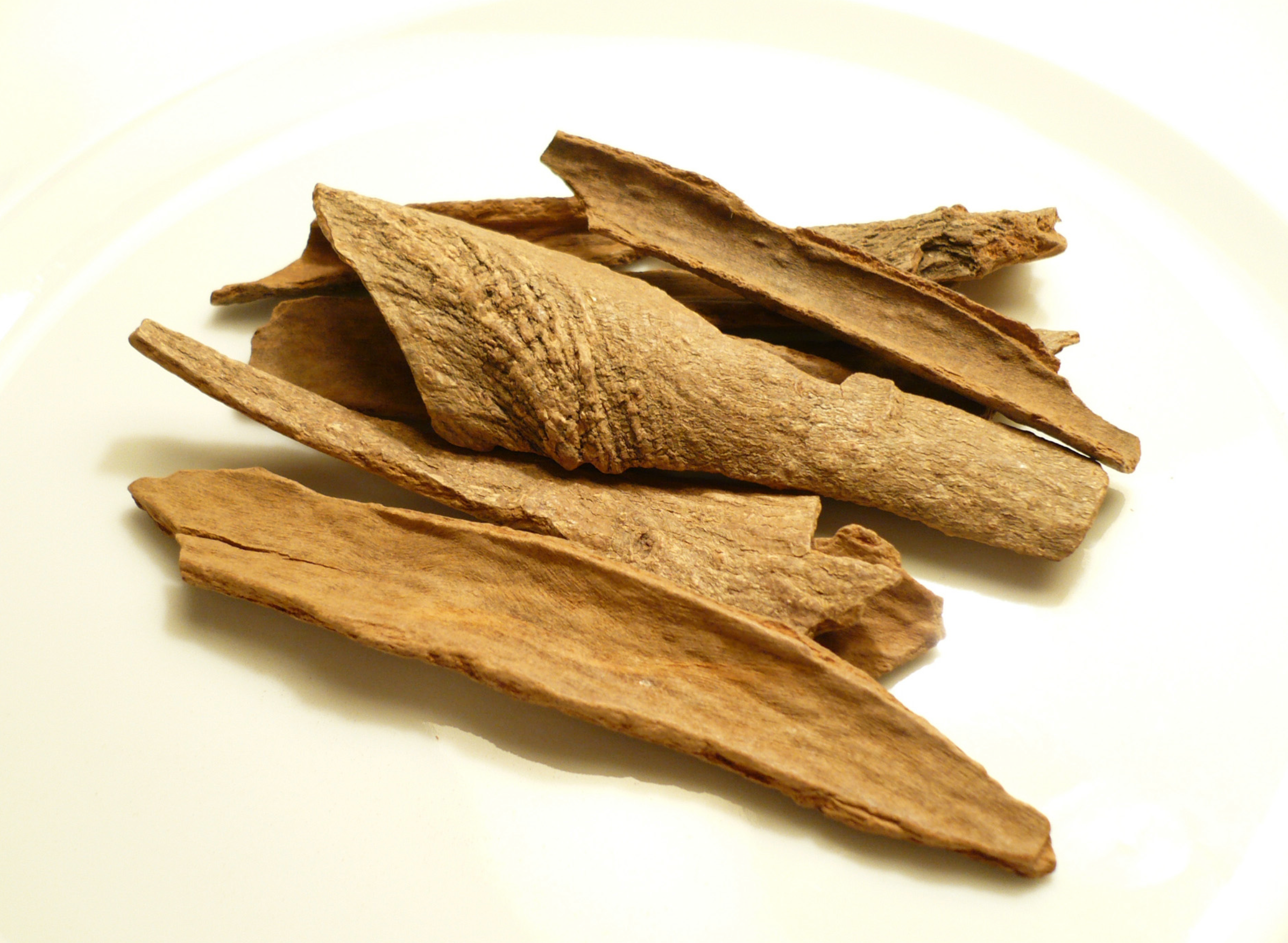Your shopping bag is empty
Top 10 Low Carb Vegetables
- Posted by: Enquiry Admin
- Comments: 0
- Categories: Nutrition & Diet
- Tags:
- low carb vegetables
In the pursuit of ideal nutrition, the inclusion of low carb vegetables holds an undeniable significance. These nutritional gems not only offer a myriad of health benefits but also serve as fundamental components of a well-rounded, balanced diet. From aiding in weight management to supplying essential nutrients, the top 10 low carb vegetables stand out as versatile and indispensable elements in fostering a healthy lifestyle.
What are Low Carb Vegetables
Low carb vegetables refer to a diverse group of plant-based foods that are notably low in carbohydrates. This is while being rich in essential nutrients, vitamins, minerals, and dietary fiber. These vegetables typically contain fewer digestible carbohydrates, making them an optimal choice for individuals aiming to reduce their carbohydrate intake. This is especially for those following low-carb or ketogenic diets. Low carb vegetables encompass a wide variety of options, including leafy greens like spinach and kale. They also include cruciferous vegetables such as broccoli and cauliflower, and others like bell peppers, zucchini, and asparagus. Incorporating these nutrient-dense vegetables into meals is very useful. They not only aids in managing blood sugar levels but also supports weight management. They do this by enhancing digestion, which contributes to overall health and well-being.
Understanding the Top 10 Low Carb Vegetables
The top 10 low carb vegetables represent a diverse array of plant-based foods, celebrated for their remarkably low carbohydrate content and rich nutritional profile. These vegetables are esteemed for their ability to provide essential vitamins, minerals, antioxidants, and dietary fiber. At the same time, they also contribute minimal carbohydrates to the diet.
The List
-
Spinach: A nutrient powerhouse, spinach tops the list with its rich reserves of vitamins A, C, K, and folate. Its low carb content and high fiber make it an excellent addition to salads, smoothies, or cooked dishes.
-
Broccoli: Renowned for its cancer-fighting properties, broccoli is a cruciferous vegetable abundant in vitamins C and K, fiber, and antioxidants. Its versatility allows for various cooking methods, enhancing its appeal in diverse recipes.
-
Cauliflower: A versatile vegetable, cauliflower is low in carbs and high in vitamins C and K. It is also adaptable in replacing higher-carb foods, such as rice or pizza crust. Hence it is a favorite among those seeking low carb alternatives.
-
Bell Peppers: Colorful and vibrant, bell peppers are low in carbs yet high in vitamin C, vitamin A, and antioxidants. As a low carb vegetable, they add a burst of flavor and nutrients to salads, stir-fries, and other dishes.
-
Zucchini: With its mild taste and low carb count, zucchini is rich in vitamins A and C, potassium, and antioxidants. It’s a versatile vegetable that can be spiralized into noodles or used in various savory dishes.
-
Kale: An acclaimed superfood, kale boasts an impressive nutrient profile, offering vitamins A, C, and K, along with minerals like calcium and iron. Its low carb content makes it an excellent addition to salads and smoothies.
-
Asparagus: Low in carbs and high in fiber, asparagus is packed with vitamins A, C, and K, as well as folate and antioxidants. This vegetable can be roasted, grilled, or steamed for a flavorful addition to meals.
-
Cabbage: Cabbage is both low in carbs and calories while being rich in vitamin C, vitamin K, and antioxidants. Its versatility in coleslaws, stir-fries, or soups makes it an ideal choice for low carb diets.
-
Brussels Sprouts: These mini-cabbages are nutrient-dense, providing vitamins C and K, fiber, and antioxidants. Roasting or sautéing Brussels sprouts enhances their flavor and appeal.
-
Green Beans: Low in carbs and packed with vitamins C and K, green beans offer a delightful crunch and nutritional benefits. They can be steamed, sautéed, or added to salads for a nutritious boost.
The Role of Top 10 Low Carb Vegetables in Ideal Nutrition
The incorporation of the top 10 low carb vegetables into daily meals aligns seamlessly with the principles of ideal nutrition. These vegetables serve as vital contributors to balanced diets, offering essential nutrients while maintaining minimal carbohydrate intake.
By embracing these nutrient-dense options, individuals can elevate their dietary habits, supporting overall health and wellness goals.
Scientific Evidence Supporting the Benefits
-
Nutrients Journal: This study delves into the nutritional value and health benefits of various low carb vegetables, highlighting their role in promoting overall health and well-being. Nutrients Journal - Nutritional Value of Low Carb Vegetables
-
Journal of the Academy of Nutrition and Dietetics: This publication explores the impact of low carb vegetable consumption on weight management and metabolic health. Journal of the Academy of Nutrition and Dietetics - Low Carb Vegetables and Metabolic Health
-
Frontiers in Nutrition: This research paper investigates the role of specific low carb vegetables in maintaining stable blood sugar levels and their relevance in managing diabetes. Frontiers in Nutrition - Low Carb Vegetables and Blood Sugar Regulation
High Fiber Foods
High-fiber foods play a crucial role in maintaining overall health and well-being. These nutrient-rich foods are an essential component of a balanced diet. This is because they aid in digestion, promote satiety, and support various aspects of health. Incorporating high-fiber foods into your daily meals can have a positive impact on digestive health, heart health, weight management, and blood sugar regulation. Whole grains such as oats, brown rice, quinoa, and whole wheat products are excellent sources of fiber. They provide a mix of insoluble and soluble fiber. These types of fibers supports digestive regularity and offering a feeling of fullness, which can aid in managing weight.
Fruits and Vegetables
Additionally, fruits and vegetables are packed with fiber, vitamins, minerals, and antioxidants. Berries, apples, oranges, broccoli, carrots, and leafy greens are among the numerous fiber-rich options available. These foods not only support digestive health but also contribute to overall wellness. Hence they can help in reducing the risk of chronic diseases such as heart disease and certain cancers. Legumes like beans, lentils, and chickpeas are also fantastic sources of fiber and plant-based protein. They offer a myriad of health benefits, including improved gut health, stabilized blood sugar levels, and reduced cholesterol, making them an ideal addition to a high-fiber diet.
Importance of Diet Rich in High-Fiber Foods
Maintaining a diet rich in high-fiber foods is essential for supporting digestive health and preventing constipation. Fiber adds bulk to the stool, aiding in its movement through the digestive tract and promoting regular bowel movements. Additionally, high-fiber foods can help lower cholesterol levels, contributing to heart health by reducing the risk of heart disease and stroke. Moreover, a diet abundant in fiber-rich foods may assist in managing blood sugar levels, particularly for individuals with diabetes, as fiber can slow the absorption of sugar and improve overall blood sugar control. Incorporating a variety of high-fiber foods into meals not only supports overall health but also ensures a diverse and nutrient-dense diet.
Conclusion
The top 10 low carb vegetables emerge as nutritional powerhouses, offering a spectrum of health benefits while playing a pivotal role in achieving optimal health and vitality. Their nutrient density, fiber-rich content, and versatility in culinary applications position them as essential components of a balanced and nutritious diet.
By integrating these top 10 low carb vegetables into daily meals, individuals embark on a transformative journey toward improved health and overall well-being. Coupled with mindful eating practices, meditation, and positive affirmations, the inclusion of these vegetables fosters a holistic approach to nourishing the body and embracing a healthier lifestyle.









